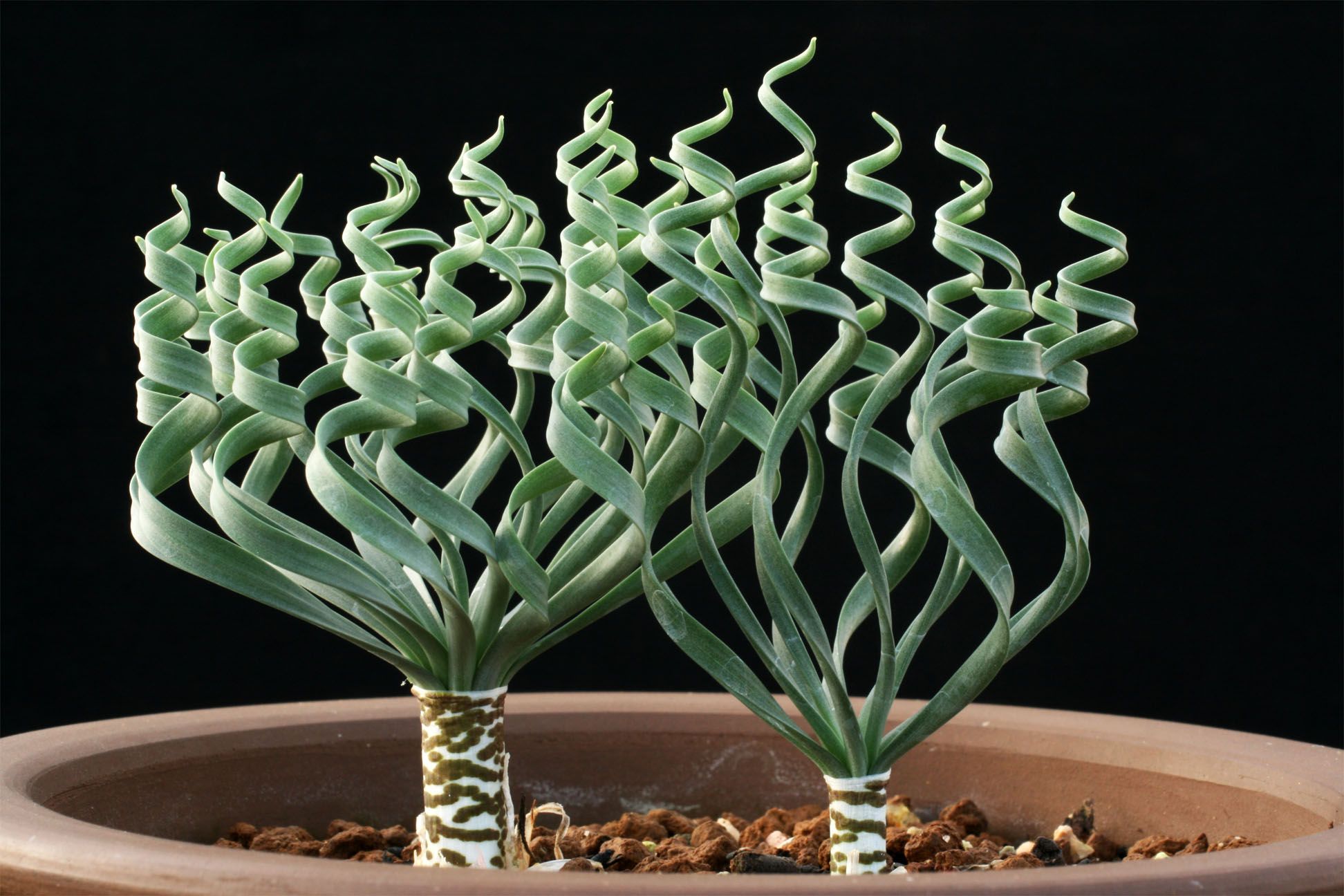
Planting exotic plants in your garden in Israel can give your outdoor space a touch of uniqueness and intrigue. Due to the diversity of the country's climatic zones, you have the opportunity to grow a wide range of exotic flora. Here is a detailed guide to help you select and purchase the perfect exotic plants in Israel.
Step 1: Explore Exotic Plants
Start by learning about exotic plant species that can thrive in Israel's climate. Consider the following factors:
-
Climate Compatibility: Look for exotic plants that can adapt to Israel's various climate zones, from the Mediterranean to the desert.
-
Water Requirements: The water requirements of exotic plants often vary. Choose plants that match your water resources.
-
Light Conditions: Some exotic plants require full sun, while others do well in shade. Assess the amount of sunlight exposure in your garden.
Step 2: Assess Your Garden
Assess your garden conditions to determine where you can best place exotic plants:
-
Soil Quality: Check the pH and composition of your soil. Some exotic plants have particular soil preferences.
-
Space Availability: Measure the available space for planting exotic species. Consider whether they will be in containers or directly in the ground.
-
Microclimates: Determine the microclimate in your garden, such as areas with varying levels of sunlight and wind exposure.
Step 3: Choose a well adapted Exotic
Choose exotic plants that are more likely to adapt to Israeli conditions:
-
Palm Trees: Certain varieties of palm trees may thrive in Israel's Mediterranean climate. Consider species such as the Mediterranean fan palm (Chamaerops humilis).
-
Succulents: Many exotic succulents, such as Echeveria and Aeonium, are well suited to the dry regions of Israel.
-
Tropical Flowers: Certain tropical flowers such as
Step 4: Visit Specialty Nurseries
Look for nurseries that specialize in exotic plants. These establishments often have knowledgeable staff who can provide advice on the selection and care of these unique species.
Step 5: Carefully inspect the plants
When buying exotic plants, carefully examine them:
-
Health: Choose plants with bright leaves, no discoloration or pests.
-
Roots: Check the root system; the roots must be healthy and not attached to the roots.
Step 6: Plan your placement
Consider where each exotic plant will grow best in your garden. Some may need more sun protection or a special microclimate.
Step 7: Prepare a Landing Site
Make sure you prepare the planting site with the correct soil fertilizer and proper drainage to meet the specific needs of each exotic plant.
Step 8: Provide proper care
Learn the care requirements for each exotic plant. This includes watering, fertilizing, and protection from extreme weather.
Step 9: Consider container gardening
For some exotic plants, especially those requiring special conditions, consider container gardening. This allows for a controlled environment.
Step 10: Patience and Observation
Exotic plants may take time to acclimatize and settle down. Be patient and observant, making adjustments to care as needed.
In conclusion, choosing and purchasing exotic plants in Israel involves careful consideration of your garden conditions and the specific requirements of each species. With research, proper planning, and dedication to caring for them, you can bring a mesmerizing variety of exotic flora into your garden, transforming it into a unique oasis of beauty and charm.






